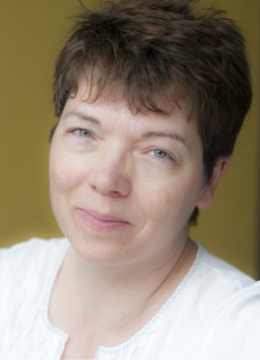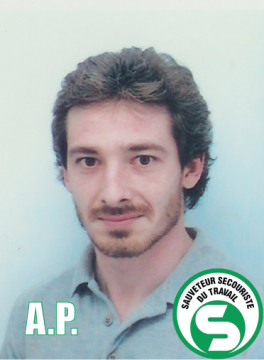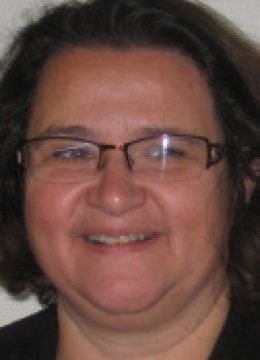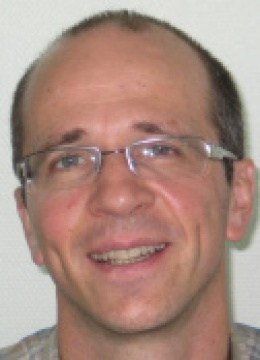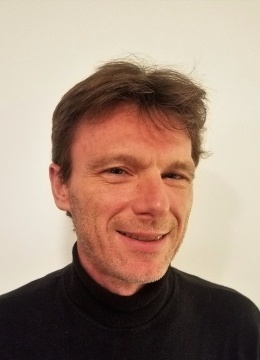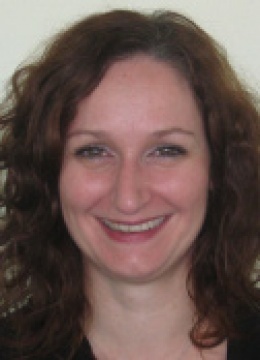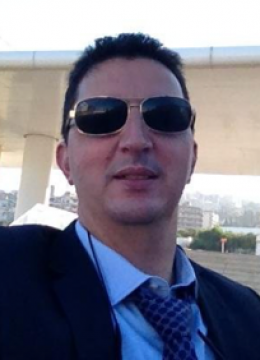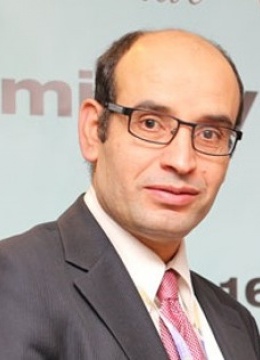The teams of the Institut Charles Viollette
By combining multidisciplinary skills in Life Science and Engineering Sciences (molecular biology, biocatalysis, bioinformatics bioprocesses, fermentation, microbiology, physiology), the staff of the Charles Viollette Institute are present in 8 of the 9 teams of the cross-border UMR BioEcoAgro. In partnership with public and private, national and international actors in agriculture, agrifood and biotechnology, the members of the ICV are developing fundamental and very applied research in the field of white, blue, red and green biotechnologies.
When it was created in 2014, the ICV had been structured into 3 cross-functional teams (microbial and enzymatic biotechnology, plant biotechnology, food quality and safety), which had quickly brought real added value by limiting geographic dispersion while maintaining a cohesion of themes within historic sites. In particular, interactions around joint inter-team projects had helped to create real competition within the ICV.
Within the framework of the 2020-2024 contractualization of the Cross-border UMR, a similar approach is carried out. Although attached to different teams, ICV staff sharing identical problems or methodological approaches participate in intersection research themes. Four intersections, each co-led by an ICV scientist, are currently identified:
- biocontrol (coordinator for the ICV: Ali SIAH)
- biopreservation (coordinator for the ICV: Thierry GRARD)
- biological and separative eco-processes (coordinator for the LCI: Pascal DHULSTER)
- the promotion of agro-resources (coordinator for the ICV: Vincent PHALIP)
The Charles Viollette Institute 9 Teams:
-
Team
1
-
Team
2
-
Team
3
-
Team
4
-
Team
5
-
Team
6
-
Team
7
-
Team
8
-
Team
9
-
Team 1
Functioning and adaptation of the plant in interaction with its environment
In the context of a growing need for plant biomass for food and non-food uses, the challenge for the work of team 1 is to contribute to sustainable production of agro-resources. The team's work concerns 2 research axes:
1) the understanding of the mechanisms which determine on the one hand the tolerance of plants to abiotic stresses (temperature, water) and on the other hand the efficiency of use of the mineral elements (nitrogen, phosphorus) ;
2) the improvement of plants intended for the production of molecules of high added value.
Team 1 brings together skills (physiology, genetics, phenotyping) present on the sites of the Universities of Amiens, Liège and Lille as well as on the INRAE site of Estrées-Mons. All of these skills make it possible to combine biological research questions with methodological questions, in particular around questions of instrumentation of phenotyping. The characters are studied at scales varying from the gene to the whole plant in its environment. The main agronomic models targeted are miscanthus, corn, wheat and peas. For these species, the work carried out has objectives applied in terms of cultural management and / or selection. The research questions of the 2 axes are approached by paying particular attention to the role of the composition and the structure of the plant wall. The Arabidopsis model is taken into account at this level for the study of the biochemical characteristics of the enzymes that remodel the plant wall. -
Team 2
Integrated functioning of the soil-plant system and exchanges between the ecosystem, the hydrosphere and the atmosphere
-
Team 3
Management, optimization and design of culture systems meeting multi-criteria objectives
Within the UMRT, team 3 brings together researchers from the ULg (Gembloux AgroBioTech campus and Arlon Environment campus), ISA-Lille / Yncréa Hauts de France and INRA Laon.
Within cluster 1, the knowledge acquired by the first two teams, and the incorporation of the latter into models, should make it possible to offer tools allowing to optimize crop management or even to design more efficient systems so as to limit losses and impacts on the environment, maximize economic gains and optimize ecosystem services. This requires an investment both in the formalization of ecosystem services, the development of indicators for evaluating these services, the development and evaluation of decision support tools, the articulation of these tools with data flows from new technologies (imagery, on-board tools, mobile applications, gps, wireless sensors, etc.), and on the design of systems that make the best use of natural resources (symbiotic fixation, complementary tree culture, etc.) ).
The first research questions of this team revolve around two main axes:
- Steering and cultivation systems and optimization of cultivation techniques within these systems;
- The design of innovative cropping systems, through the production of agronomic, and a fortiori economic, and environmental performance indicators.
To answer these questions, the team will focus on:
- Object of study: The new knowledge acquired on the ecophysiology of the individual plant (team 1) will be considered to improve the understanding of its functioning in populations
- Scale: The work scales will go from the plant (team 1 and 2) to the territory, and from the growing season to the rotation, thus covering large spatial and temporal scales
- Tools: The tools used will consist of databases (acquired over time and space), proxy- and remote-sensing, as well as soil-plant-atmosphere modeling.
In order to initiate the work of team 3, ULg-GxABT and ISA-Lille / Yncréa HdF, with the technical support of INRA Laon, decided to finance a thesis under joint supervision. This started in January 2020 and relates to :
Modeling the agronomic and environmental impacts of wheat fertilization on the scale of Wallonia and Hauts de France and highlighting the potential and advantages of precision farming in this territory.
In addition to the objective announced in its title, this thesis will also focus on the deployment of the STICS culture model on the spatial scale of Hauts-de-France and Wallonia, in order to offer UMRT researchers a tool research and analysis.
Finally, other research projects, carried out in parallel with this first thesis and in line with its achievements, or based on the tools that will be developed there, will complement the research of team 3 in the years to come. -
Team 4
Secondary metabolites of microbial origin
The MOM team is interested in the discovery of new microbial secondary metabolites for applications in diverse area as human or veterinary health, agro-food, cosmetics or crop management. By a multidisciplinary approach we mainly focus on the characterization of nonribosomal peptides (NRPs), with a major objective to promote the use of bio-based molecules as an alternative to chemical inputs for crop protection.
The study of NRPs and their potential applications requires the development of innovative strategies for:
1) the identification of the production potential from genome sequencing data in silico (Bioinformatics)
2) the detection of the metabolites produced by microorganisms in vivo and in vitro (Bioassays)
3) the optimization of their production (genetic engineering and metabolic engineering)
4) the intensification of their production and purification (process engineering)-
-
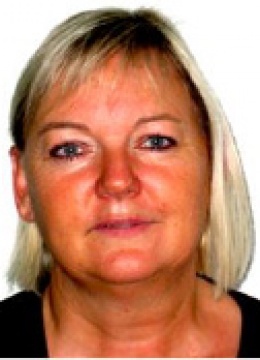
-
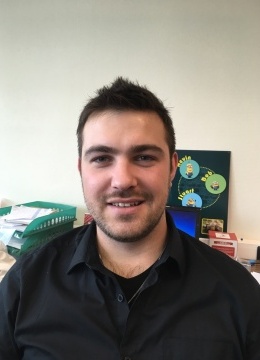
-

-

-

Morgane CHIARAPPA
Technicienne
-
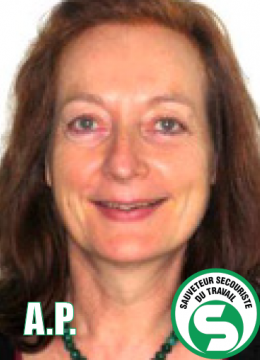
-
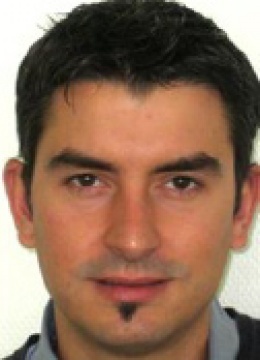
-

-

-

-

Xavier GROMADA
Post-doc
-
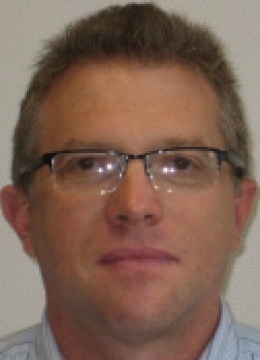
-
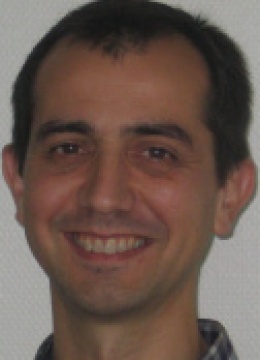
-

-

-
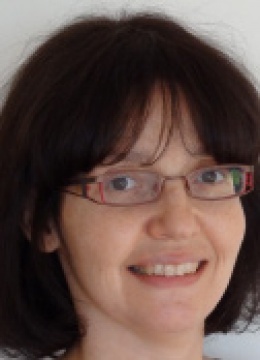
-

-
-
Team 5
Specialized metabolites of plant origin
The higher plants produce and accumulate a large collection of original molecules, of chemical nature and very varied functions, qualified as specialized or secondary metabolites as opposed to primary metabolites. Although it is estimated that only about 30% of plants have been studied to date based on their phytochemical composition, more than 100,000 secondary metabolites have already been described. It is therefore likely that their number will be much higher. This quantitative importance and the structural diversity of these metabolites are to be correlated with the development by plants of essential mechanisms contributing to their adaptation and colonization of the aerial environment. If the primary metabolism has a very ancient origin and the associated genes are well preserved in the plant kingdom, on the contrary, the secondary metabolism has continuously evolved for more than 500 million years under pressure from the environment, which has contributed the production of new molecules whose chemotaxonomic distribution is often very limited. In addition to their proven contribution to plant physiology and biology, many molecules from secondary metabolism represent an invaluable resource for humans. They are used as biological assets (active principles of drugs, ingredients in cosmetics, bio-pesticides, bio-herbicides, repellents ...), as functional assets (flavors, colors, perfumes ...) and as models for chemical synthesis.
From plant models, some of which respond to important challenges at local, national and international level (wheat, chicory, hops, flax, etc.) and which are justified in a very strong socio-economic context (Franco-Belgian cross-border, GIS, LabCom project, INRA, collaboration with international groups including Bayer, Lesieur, Servier, Linéa, Laboulet seeds, Florimond-Desprez, Brasseurs de France etc.) and various academic and other partners (MetaSpé Network, SAS PIVERT, Root Lines Technology, Poles of competitiveness IAR and NSL, SFR Condorcet, Biotech Center Ho Chi Minh City etc.), our research projects aim to:
1) identify new molecules derived from the secondary metabolism of plants by exploiting both their biological and induced or natural genetic diversity
2) specify the biosynthetic pathways of secondary metabolites
3) characterize the structure / activity relationships and the biological activities of secondary metabolites within the plant or on other organisms, for application in plant protection (biocontrol, etc.) but also in other contexts (human health , etc.)
4) develop eco-extraction and purification processes on a large scale, produce secondary metabolites of interest through biotechnology (hairy-root, yeast, etc.) and, for targeted uses (nutrition / health with the NSL pole, protection of plants against external aggressions, etc.)
5) set up new analytical methodologies for high throughput metabolomics or phenotyping studies-
-
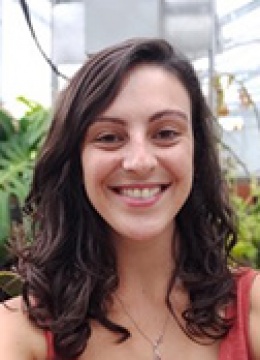
-

-
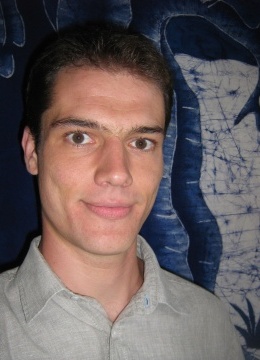
-

-

-

-

-

-
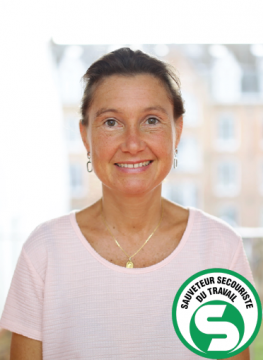
-

-
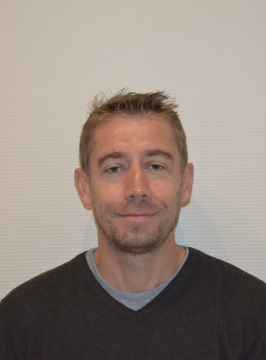
-

-

-
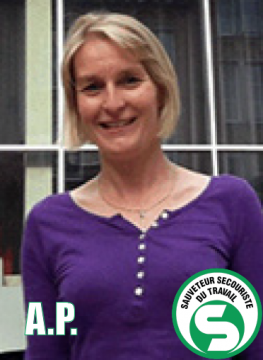
-
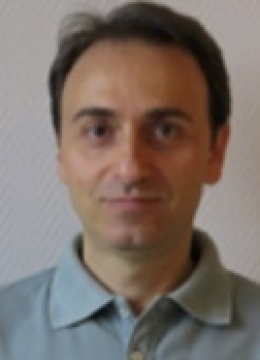
-

Justine DOMMONT
Doctorante
-

-
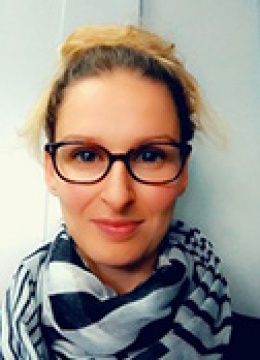
-

-

-

-
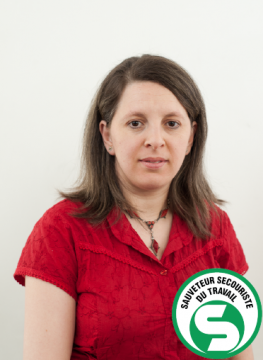
-

-

-
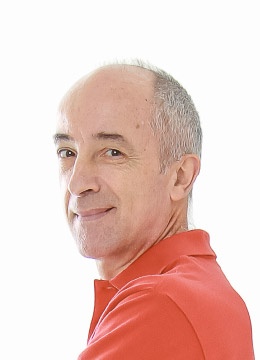
-

-

-

-

-

-

-

-

-
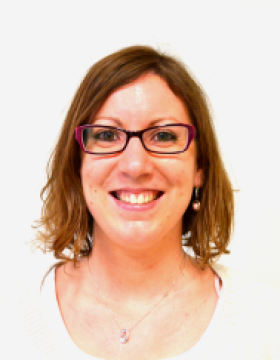
-
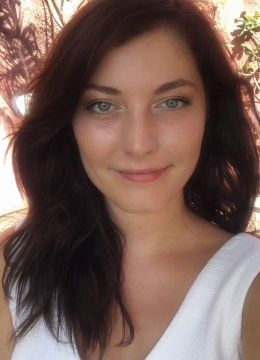
-
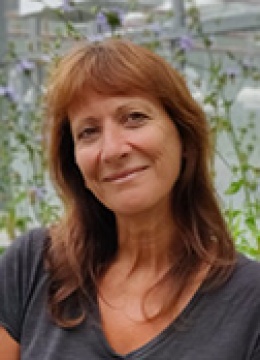
-
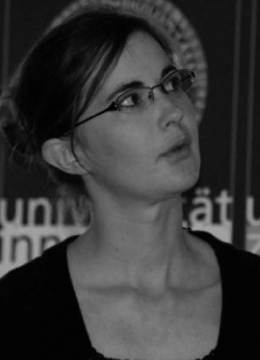
-

-

-
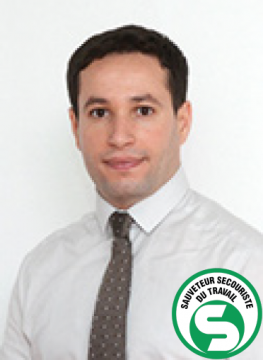
-

-
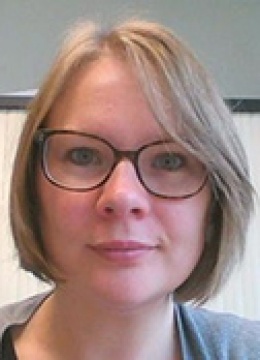
-

-
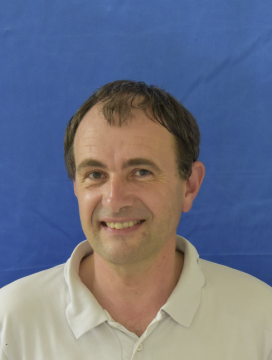
-

-
-
Team 6
Biotransformation / Enzymes and Biocatalysis
The objectives of this team are to valorize lignocellulosic plant biomass [links with cluster 1] and industrial co-products, by microbiological means (models: eukaryotic microorganisms, ie filamentous fungi and yeasts) and / or enzymatic for synthesis molecules of interest: enzymes, sugars, organic acids, polyols, antioxidants [links with others teams] ... Some of these molecules, such as glucose, glycerol or other platform molecules, are then modified by enzymes combined with chemical catalysts (concept of hybrid catalysis) for the synthesis of molecules with higher added value such as furfurals and furfuralic derivatives. Part of the work is carried out jointly with REALCAT platform (Equipex ANR-11-EQPX-0037) for high-throughput synthesis, screening and characterization.
In order to meet the stated objectives, 4 types of projects are carried out:
1) Search for new enzymes in biodiversity (high throughput screening) for the recovery of biomass / co-products.
2) Control of enzymatic catalysis (homogeneous, heterogeneous) and development of discontinuous and continuous reactors.
3) Development of innovative microbial approaches (biomass / co-product / microorganism interactions, high throughput screening, metagenomics).
4) Hybrid catalysis applied to the synthesis of bio-based chemical intermediates (furfurals and furfuralic derivatives), to the regeneration of enzymatic cofactors.-
-

-

-

-

-
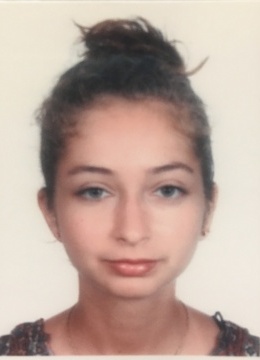
Dahlia DAHER
Doctorant
03 28 76 73 54
-

-

-

-
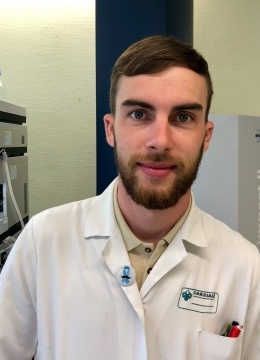
-

-

Barbara FIFANI
Doctorant
-

-
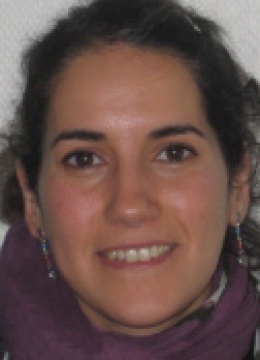
-

-

-

-
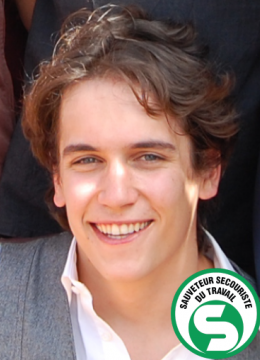
-

-

-

-

-

Alexandre RULANCE
Doctorant
-

-
-
Team 7
Health benefits of protein hydrolysates and agro-food by-products: control of production, characterization and recovery
In a global context of scarcity of protein resources, team 7 seeks to understand the mechanisms that lead to the health benefit of proteins and their by-products by relying on the areas of expertise of these researchers. ie control of production (enzymatic engineering, digestion), identification (optimization of mass spectrometry tools) and characterization (understanding of bioactivities) of peptides from different food sources. These peptides, fractions or ingredients can find potential applications in animal or human health for example or in active packaging. The two main axes developed are:
1) The upgradingt of proteins and agro-food by-products by optimizing enzymatic hydrolysis (enzymatic engineering) and the characterization of the bioactive peptides generated (antimicrobials, regulator of stress and food intake, hypotensive, anti-inflammatory, antioxidant, study of cytotoxic properties ...)
2) The study of the fate of proteins or by-products during gastrointestinal digestion and how the peptides generated can interact with the intestinal environment and impact the microbiota to have a beneficial effect on human or animal health.-
-

Mira ABOU DIAB
Doctorante
-

Mouna AMBLI
Doctorant
-

Nathalie ATALLAH
Doctorante
-

-

Morgane CHIARAPPA
Technicienne
-
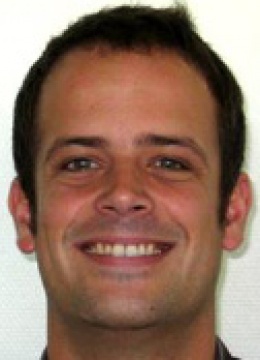
-
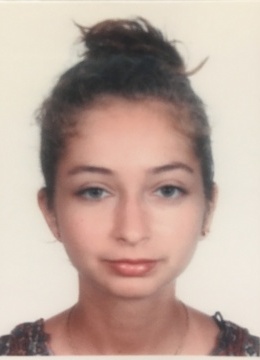
Dahlia DAHER
Doctorante
-
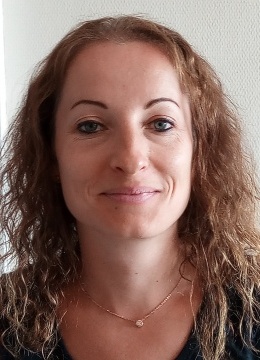
-
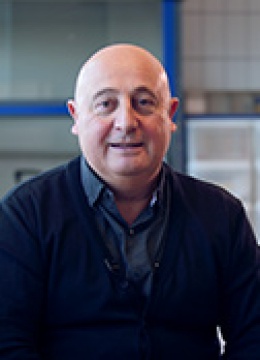
-
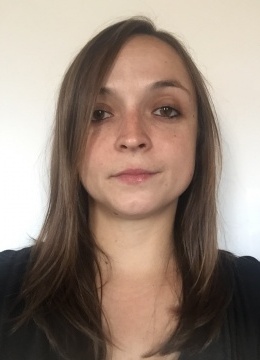
-

Elodie DUSSERT
Doctorante
03 20 43 44 32 / 03 62 28 36 78
-
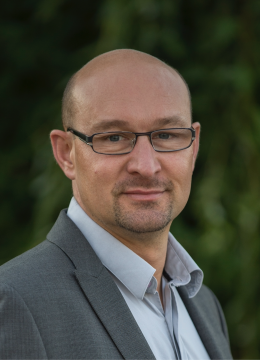
-

Léa FLEURY
Doctorante
03 28 76 73 54
-

Xavier GROMADA
Post-doc
-

-

Fatma HAMED
Doctorant
-
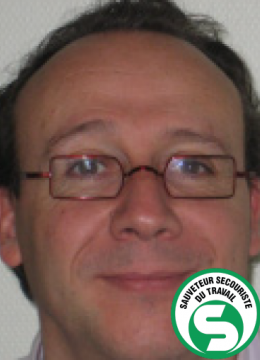
-

-

-

-
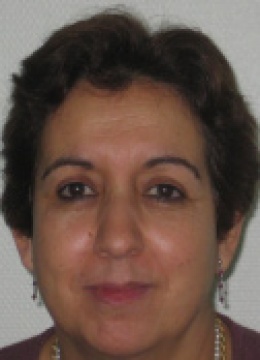
-

Ahlam OUTMAN
Doctorant
-

-

Mélissa TOURRET
Technicienne
03 62 28 36 78
-

-
-
Team 8
Food and Digestive Microbial Ecosystems: Interactions - Dynamics - Application(s)
-
-

-
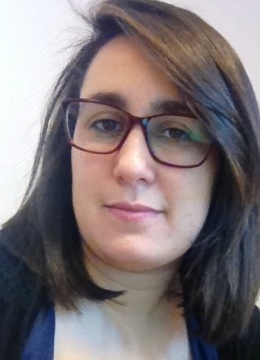
-
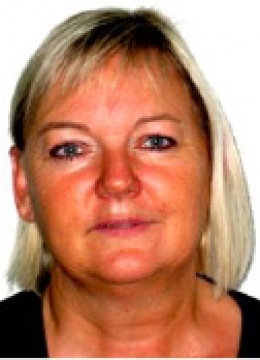
-

-
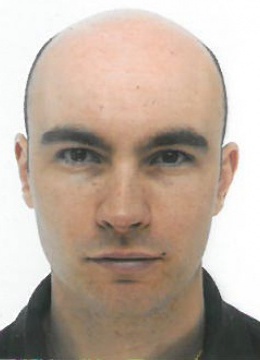
-
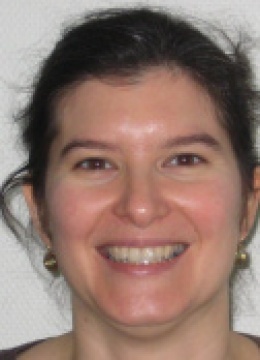
-
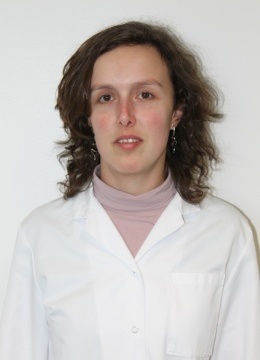
-

-

-
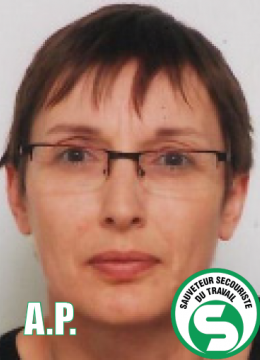
-
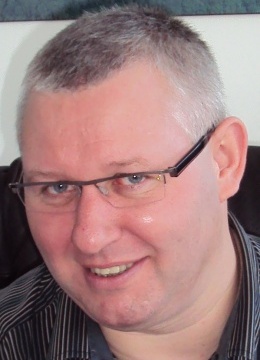
-
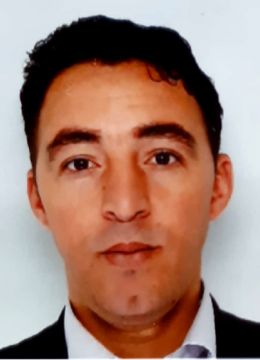
-

-
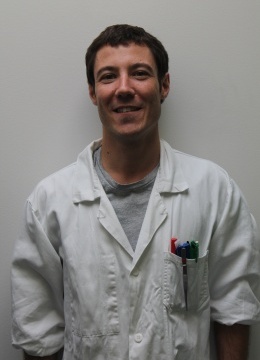
-
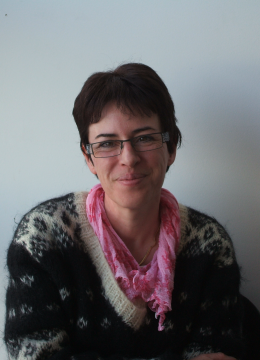
-

-
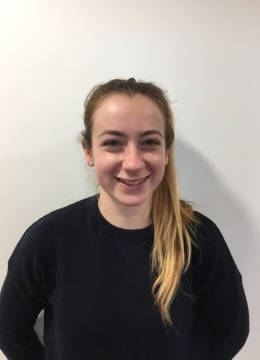
Julia MOUGIN
Doctorant
03 21 99 25 00
-
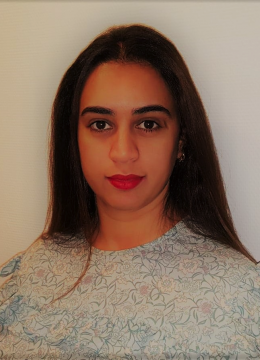
-

Lisa OUARABI
Doctorant
-

-
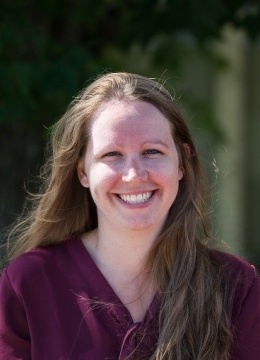
-

-
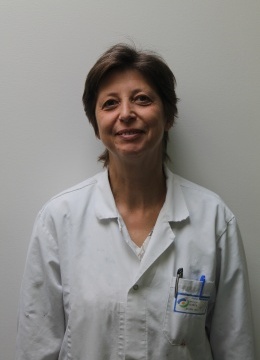
-

-
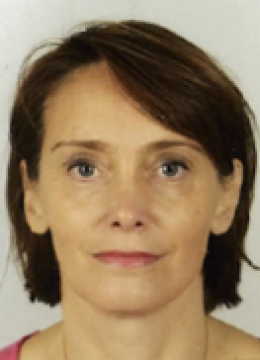
-

-
-
Team 9
Structure-function relationship at the service of the rational formulation of food and ingredients
Controlling the quality of ingredients and food is a societal issue that represents a major concern for the food industry and public authorities. This context confronts researchers with different scientific challenges such as the investigation of new functionality of food ingredients, the rational food formulation, the conceptualization, and the development of food clean label which all require inputs inquired and/or accepted by consumers.
The approach of our multi-sites team located in Arras, Boulogne sur Mer, and Lille consists of taking into account the whole life of food starting from the raw material used for its preparation to its consumption. This approach combines scientific skills in fundamental research (determination of the secondary and tertiary structure of proteins, for example) with those in applied research (sensory evaluation of products, for example) in order to dissect and even investigate the different physico-chemical mechanisms governing the evolution of the organoleptic, textural and nutritional quality of food products. For this reason, our research activities are articulated around three axes, which allow the development of food products of high added value by an integrated and rational approach.
- Axe 1 : Variability of raw materials and their sources
- Axe 2 : Techno-functional ingredients: structure-function relationship
- Axe 3 : Impact of the formulation, manufacturing process and storage conditions on the quality of food products-
-
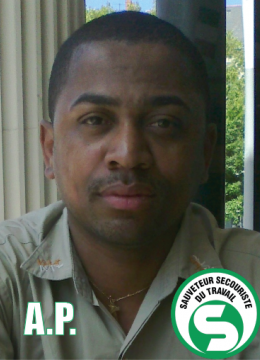
-

Tiffanie BOUCHENDHOMME
Doctorante
-
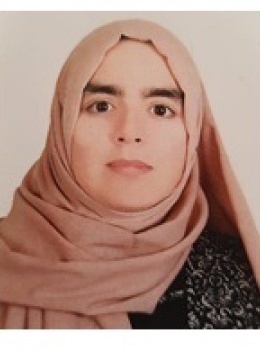
-
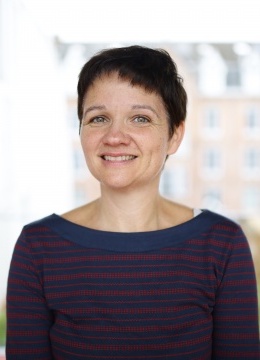
-

-

Gaoussou KARAMOKO
IE
-
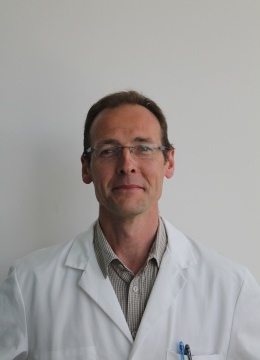
-
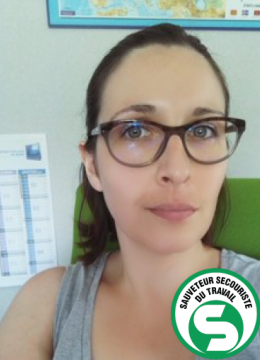
-

Morikens SANGARE
Doctorant
-

-
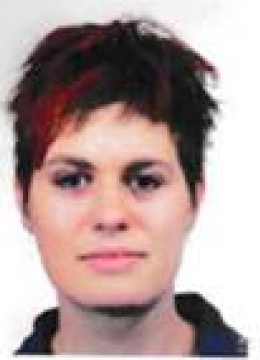
-

-

Daria VILKOVA
Doctorante
03 21 24 81 03
-
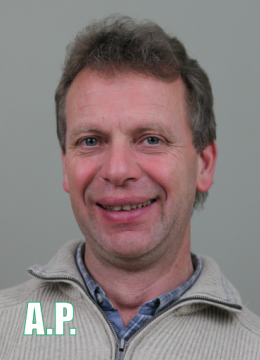
-
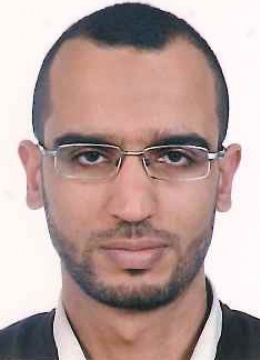
Hicham ZAROUAL
Doctorant
03 21 24 81 03
-

